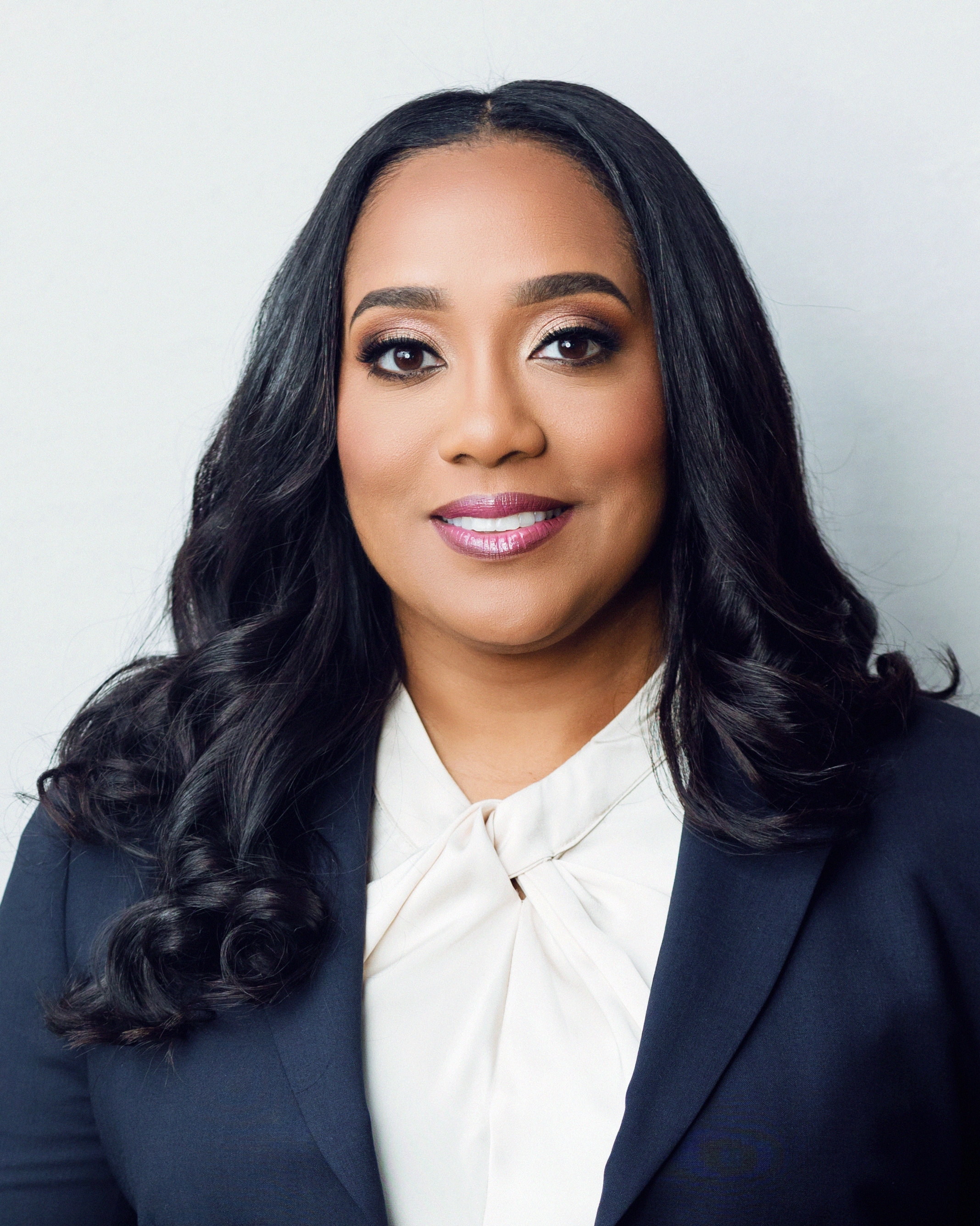Letter from the Chair

Dear Section members,
It is with great enthusiasm and a deep sense of responsibility that I step into the role of Chair of the Computer & Technology Section for 2025-26. As we embark on a new bar year, I am honored to serve such a dynamic and forward-thinking community of legal professionals.
The mission of our Section is threefold:
1. To provide leadership on emerging issues at the intersection of law, science, and technology;
2. To promote sound policy and public understanding of these critical issues; and
3. To enhance the professional development of our members through innovative training and publications.
As Vice President of Security, Resiliency, IT, Digital & AI Legal at Dell Technologies, I have the privilege of working daily on the very issues that define our Section’s focus—from adopting AI and advanced technology into the practice of law, to evaluating the legal and compliance requirements of emerging technologies, to defining the governance and policy implications facing technology companies today.
We are at a pivotal moment in the evolution of the legal profession. The rapid advancement and adoption of artificial intelligence and similar transformational technologies are reshaping the practice of law. To remain relevant, attorneys must not only understand how these technologies can be used to enhance and modernize their practices, but as legal and compliance professionals, we must be equipped to identify, assess, and govern these risks responsibly.
My goals for the coming year are focused on three areas:
- Innovative Legal Education: I am passionate about legal education and committed to delivering cutting-edge legal training to our members.
- Engagement with Young Lawyers and Law Students: The future of our profession lies with the next generation. We must expand our outreach and create meaningful opportunities for young lawyers and law students to engage with our Section.
- Thought Leadership: We will continue to lead conversations on the most pressing and innovative topics at the intersection of law and technology, ensuring our members are informed and prepared for what lies ahead.
This is an exciting time to be part of the legal profession—and an even more exciting time to be part of the Computer & Technology Section. I look forward to working with each of you as we explore new frontiers, support one another’s growth, and shape the future of law together.
Warm regards,
Lavonne Burke
Chair, Computer & Technology Section
State Bar of Texas